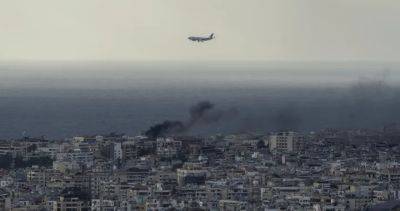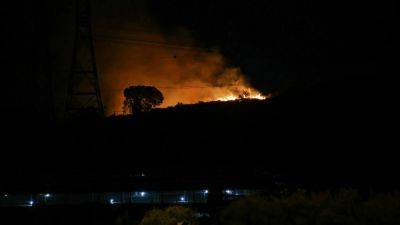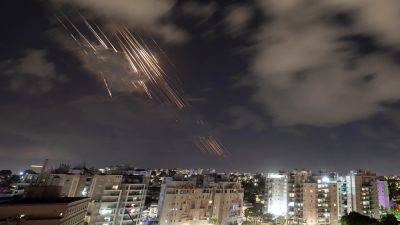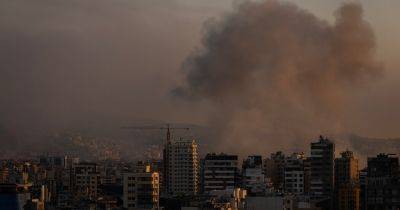A Wider War in the Middle East, From Hamas to Hezbollah and Now Iran
The long-feared “wider war” in the Middle East is here.
For the last 360 days, since the images of the slaughter of about 1,200 people in Israel last Oct. 7 flashed around the world, President Biden has warned at every turn against allowing a terrorist attack by Hamas to spread into a conflict with Iran’s other proxy, Hezbollah, and ultimately with Iran itself.
Now, after Israel assassinated the Hezbollah chief, Hassan Nasrallah, and began a ground invasion of Lebanon, and after Iran retaliated on Tuesday by launching nearly 200 missiles at Israel, it has turned into one of the region’s most dangerous moments since the Arab-Israeli War of 1967.
The main questions now are how much the conflict might escalate and whether the United States will get more directly involved.
The past few days may be a turning point. Since Israel killed Mr. Nasrallah on Friday, the Biden administration has been shifting from cautioning against a wider war to trying to manage it. Officials have defended Israel’s right to strike back at Iran, but are advising against direct attacks on its nuclear facilities that could tip the conflict out of control.
This is the spiral that Mr. Biden has cautioned against but has not been able to stop, even with major American forces in the region.







